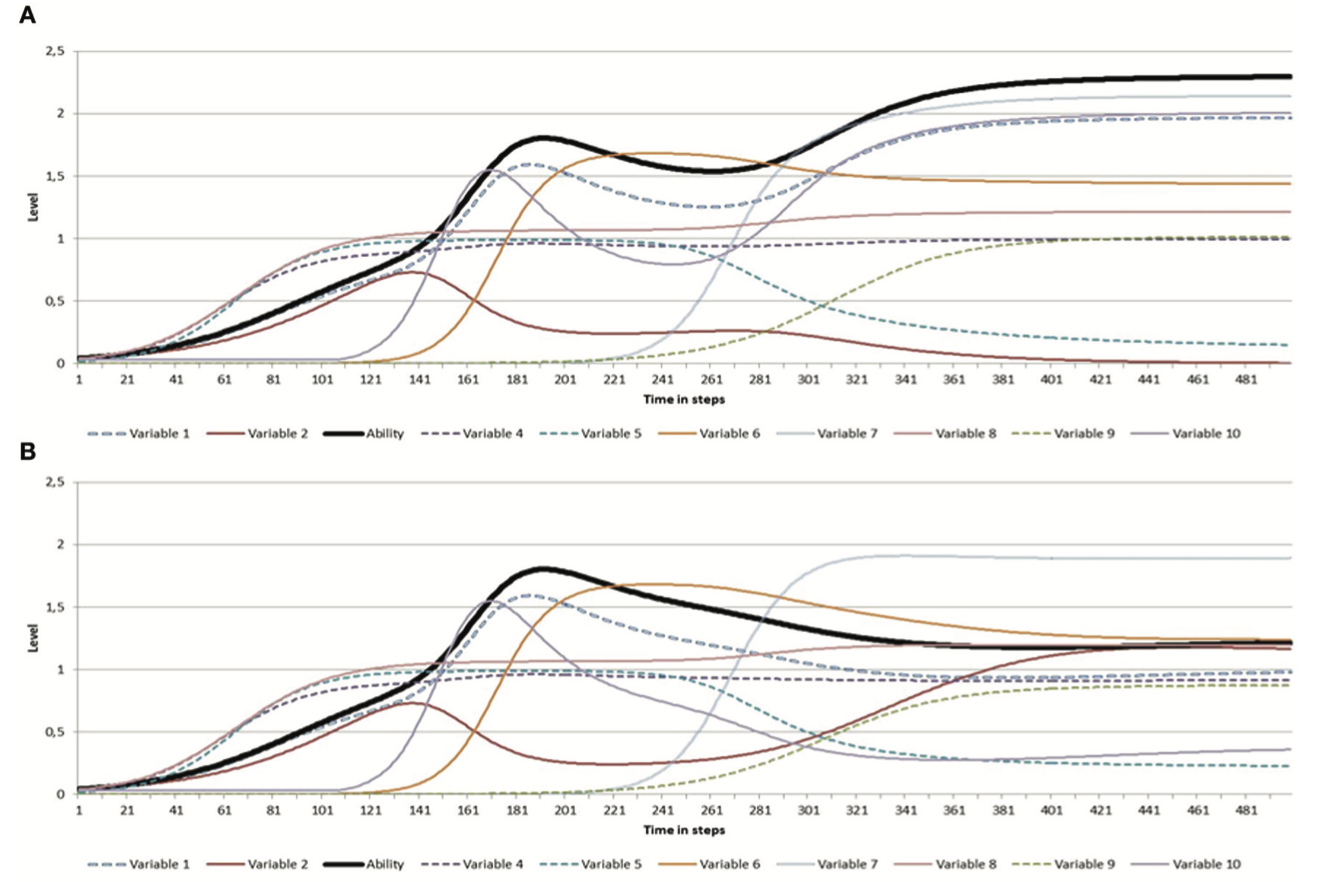Jesse Thorn, host of Bullseye, recently posted Make Your Thing: 12 Point Program for Absolutely, Positively 1000% No-Fail Guaranteed Success. Like most business advice, it’s loaded with classic survivorship bias. A discussion about the piece on Metafilter is an interesting read, in part because Thorn himself comments as user YoungAmerican.
The 12 points he makes:
- Start Now
- Make Deadlines
- Keep Your Legs Moving
- Don’t Confuse Content & Medium
- Be Authentic
- Follow Your Passion
- Focus on Great Work
- Connect with People You Like
- Own What You Create
- Find the Money
- Build a Community
- Do a Good Job
Asking winners what they did, and how they got to where they are, is inevitably inaccurate for a few reasons:
1. We don’t know how many people did the same exact thing, but didn’t succeed. Plenty of people have also followed their passion; some of them are living off of Ramen noodles in windowless studio apartments.
2. Winners have no way of knowing exactly what they did that put them over the top. It could have been that one former roommate’s co-worker had a high-powered uncle, it could have been getting a popular fan to promote your work to his/her friends, it could have been timing (you had a demo tape, they had a cancellation). It could have been the combination of all of those things.
But still, it’s tempting to trace success back to one specific thing that you had control over. You could say this is related to pop culture’s constant skewing of the butterfly effect.
In the movie The Butterfly Effect, and the public’s impression of the effect, changing one tiny, obvious event in the past alters everything afterward: a 15-year-old says “no” to a cigarette once, and 20 years later, she’s a surgeon.
But the major takeaway of the real statistical phenomenon known as the butterfly effect is that even though a storm may have been caused by a butterfly flapping its wings on the other side of the globe, we can never know which butterfly started the storm.
It is extremely hard to calculate such things with certainty. There are many butterflies out there. A tornado in Texas could be caused by a butterfly in Brazil, Bali, or Budapest. Realistically, we can’t know. “It’s impossible for humans to measure everything infinitely accurately,” says Robert Devaney, a mathematics professor at Boston University. “And if you’re off at all, the behavior of the solution could be completely off.” When small imprecisions matter greatly, the world is radically unpredictable.
…
That we imagine the butterfly effect would explain things in everyday life, however, reveals more than an overeager impulse to validate ideas through science. It speaks to our larger expectation that the world should be comprehensible – that everything happens for a reason, and that we can pinpoint all those reasons, however small they may be. But nature itself defies this expectation. It is probability, not certain cause and effect, that now dictates how scientists understand many systems, from subatomic particles to storms. “People grasp that small things can make a big difference,” Emanuel says. “But they make errors about the physical world. People want to attach a specific cause to events, and can’t accept the randomness of the world.”
People who succeed are highly motivated to believe that they’ve succeeded on their own merits, specifically, we want to believe that the world is just and we want to believe that we are in control of our fate.
I’ve known plenty of people who’ve started now, made deadlines, and made great work.
